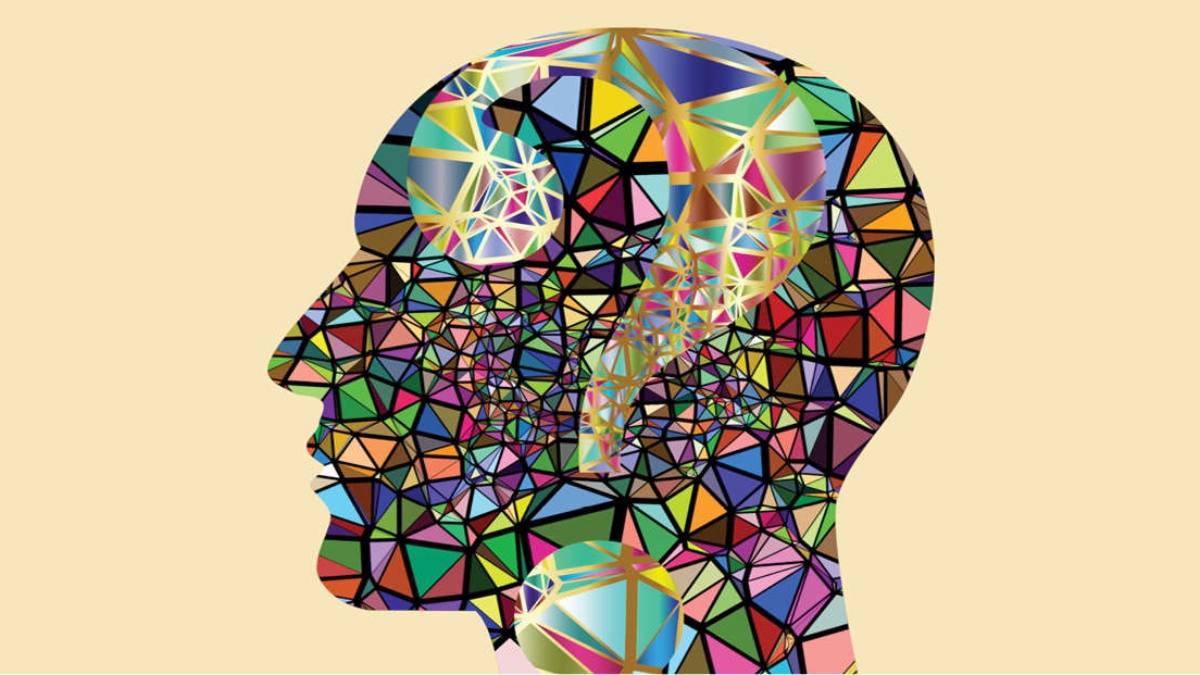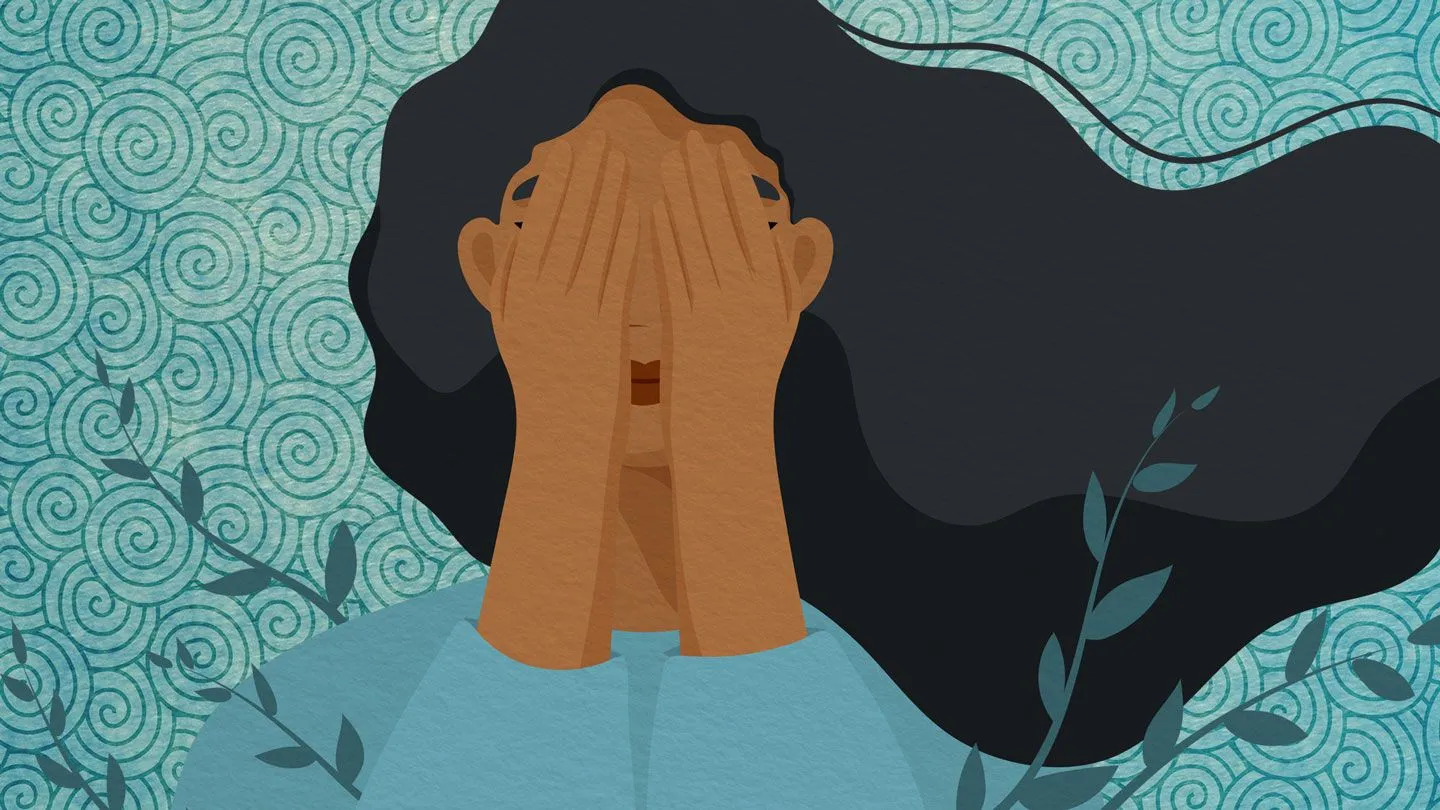A relatively new field of medicine, called psychoneuroimmunology, has evolved over the last few decades to study the relationship between immunity, the endocrine system, and the central and peripheral nervous systems.
Earlier, medical science held that the mind could affect the body only when there was a neural, chemical, or hormonal connection between them. Neurotransmitters, hormones, and neuropeptides have been found to regulate immune cells, and these in turn are capable of communicating with nerve tissue through the secretion of a wide variety of chemicals.
But now it has been proved that no such connection is needed. The cells in our body have tremendous plasticity, and we can influence them with our thoughts. How?
Like all matter, the cells in the body are made up of atoms, and quantum physics has shown that the sub-atomic particles that make up atoms produce vibrations. We also produce vibrations, which vary according to the quality of our thoughts, and it is through these that the mind affects the body.
The kind of thoughts we create has a bearing on our mental and physical health. As someone has said, human thoughts lead to the secretion of natural chemicals. Drugs are just synthetic chemicals, so thoughts are like natural drugs, and good thoughts would make great medicine.
Toxic thoughts, such as of anger, irritation and anxiety, trigger the release of toxic chemicals in the brain and the body. Degrading thoughts, of hurt or revenge, persist longer in the mind and do greater damage by causing the release of harmful chemicals over an extended period of time.
Automatic thoughts, which are usually negative, and lead to disorders such as obsessive-compulsive disorder, also harm us. Then there are waste thoughts, which are unproductive and consume our time and mental energy.
Necessary thoughts, about essential activities such as eating, sleeping, going to work, need to be created, but it is best to minimize them, as each thought we create expends our mental energy.
Negative thoughts are typically about the darker side of people and events, and the direct or indirect harm they might cause. Similarly, positive thoughts are about the brighter side of people and events, and the benefit they offer.
Then there is right thinking, which is to see people and things as they are, rationally, without magnifying or denying the existence of problems, jumping to conclusions, or catastrophising.
A step above is elevated thinking, which involves high-energy thoughts, of wisdom, based on spiritual truths, that empower the mind and rid it of negativity.
But our ultimate aim should be to have no thoughts, which means observing life in a detached, benevolent, non-judgmental manner, without thinking needlessly or commenting on all that we see and hear. The less we think, the stronger our mind will be.
Dr Girish Patel is a well-known psychiatrist based in Mumbai, and a student of Rajyoga with the Brahma Kumaris.























